The Rise of Wigmore Trading: Leading Natural Rubber Exporters in Nigeria and Africa
The Rise of Wigmore Trading: Leading Natural Rubber Exporters in Nigeria and Africa
Welcome to the captivating world of Wigmore Trading, where rubber takes center stage as Nigeria’s leading natural rubber exporters. As Africa emerges as a powerhouse in global trade, this dynamic company has mastered the art of supplying top-quality rubber products across borders. Join us on an exhilarating journey as we explore how Wigmore Trading has risen to prominence, revolutionizing the natural rubber industry and solidifying their position as trailblazers in Nigeria and beyond. From tire manufacturing to essential latex products, prepare to be amazed by their unwavering commitment to excellence and sustainability. Get ready to witness the unstoppable rise of Wigmore Trading!
Introduction to Wigmore Trading and their role as natural rubber exporters in Nigeria and Africa
Wigmore Trading is a leading natural rubber exporter in Nigeria and Africa, with a strong reputation for delivering high-quality products to the global market. Founded in 2003, the company has quickly become a major player in the natural rubber industry, exporting to countries all over the world.
The company’s primary focus is on producing and exporting premium quality natural rubber from Nigeria, which is one of the largest producers of rubber in Africa. With an abundance of fertile land and favorable climate conditions, Nigeria has always been known as an ideal location for cultivating rubber trees. This makes it an important hub for the production and export of natural rubber.
At Wigmore Trading, we understand the importance of sustainable practices in our operations. As such, we work closely with local farmers and communities to ensure that our rubber plantations are managed sustainably without harming the environment. This not only helps us maintain high-quality standards but also contributes positively to the local economy by providing employment opportunities and supporting small-scale farming communities.
Our dedication to sustainability extends beyond our own operations – we are committed to ensuring that all our suppliers adhere to ethical labor practices and comply with environmental regulations. Through stringent checks and regular audits, we ensure that our supply chain remains responsible and sustainable at every stage.
As one of the leading exporters of natural rubber in Nigeria and Africa, Wigmore Trading plays a crucial role in driving economic growth both at home and abroad. Our exports contribute significantly to Nigeria’s overall GDP while also generating foreign exchange earnings through trade with other countries.
History of natural rubber production in Nigeria and Africa
The history of natural rubber production in Nigeria and Africa dates back to the early 19th century when British explorers discovered wild rubber trees growing in the rainforests of the region. These trees belonged to the species Hevea brasiliensis, which is native to South America but was successfully cultivated in Africa.
At first, local tribes used the sap from these trees for waterproofing and making crude footwear. However, with advancements in technology and transportation, natural rubber became a highly sought-after commodity worldwide.
In the late 1800s, European colonizers began establishing rubber plantations in West and Central Africa, including Nigeria. These plantations were mainly operated by forced labor from indigenous peoples and became a major source of wealth for colonial powers.
After gaining independence from their colonizers in the mid-20th century, many African countries continued producing natural rubber as an important export crop. In fact, by the 1960s, Africa accounted for over half of the world’s natural rubber production.
However, due to political instability and economic challenges faced by many African nations in the latter half of the 20th century, natural rubber production declined significantly. This also led to a decrease in global demand for African-produced rubber as synthetic alternatives became more readily available.
Despite these setbacks, several African countries have managed to maintain or even increase their natural rubber production over recent years.
The benefits of natural rubber and its uses
Natural rubber, also known as latex, is a versatile and valuable material that has been used for centuries in various industries. It is derived from the sap of rubber trees, which are mainly found in tropical regions such as Africa, South America, and Southeast Asia. In recent years, there has been a significant increase in the demand for natural rubber due to its numerous benefits and uses.
In this section, we will explore the benefits of natural rubber and its diverse applications in different industries.
1. Sustainability
One of the main advantages of natural rubber is its sustainability. Rubber trees are a renewable resource that can be tapped for latex without causing any harm to the tree or the environment. This makes it an environmentally friendly option compared to synthetic rubbers which are made from non-renewable petroleum products.
Moreover, many rubber plantations implement sustainable practices such as reforestation and biodiversity conservation. This not only helps to protect local ecosystems but also contributes to combating climate change by absorbing carbon dioxide from the atmosphere.
2. High Tensile Strength
Natural rubber boasts exceptional tensile strength and elasticity properties. This means it can stretch extensively without breaking or losing its shape, making it ideal for use in various manufacturing processes such as tires and conveyor belts. Its ability to withstand high levels of stress makes it a preferred choice for heavy-duty industrial applications.
3. Durability
The durability of natural rubber is another significant benefit that sets it apart from other materials like plastic and synthetic rubbers.
The process of exporting natural rubber
Exporting natural rubber is a complex process that involves multiple steps and careful planning to ensure the efficient delivery of high-quality products. As one of the leading natural rubber exporters in Nigeria and Africa, Wigmore Trading has mastered this process and continues to maintain a strong reputation for delivering superior quality rubber to global markets.
Step 1: Sourcing and Harvesting
The first step in the exporting process is sourcing and harvesting the natural rubber. This involves identifying suitable rubber plantations, negotiating with farmers or suppliers, and ensuring that strict quality standards are met during the harvesting process. At Wigmore Trading, we have established long-term partnerships with trusted farmers and suppliers who adhere to sustainable practices for growing and harvesting rubber.
Step 2: Processing and Inspection
Once the raw rubber is sourced, it goes through a series of processing stages to remove impurities, improve its physical properties, and increase its shelf life. During this stage, rigorous quality control measures are implemented to ensure that only high-grade rubber makes it through for export. Our state-of-the-art processing facilities at Wigmore Trading utilize advanced technology to achieve consistent quality standards.
Step 3: Packaging
After processing, the natural rubber is packaged into large bales or smaller containers depending on customer requirements. The packaging process also includes labeling each shipment with relevant information such as batch number, production date, country of origin, etc. This ensures traceability and facilitates easy identification at customs checkpoints.
Challenges faced by natural rubber exporters in the region
Natural rubber is a widely used commodity, with its demand increasing in various industries such as automotive, healthcare, and construction. As a result, many countries in Africa have become significant players in the natural rubber export market. Nigeria, in particular, has emerged as a leading exporter of natural rubber in the region, thanks to companies like Wigmore Trading.
However, being a natural rubber exporter in Africa comes with its own set of challenges. In this section, we will discuss some of the major challenges faced by natural rubber exporters in the region.
1. Limited production capacity:
One of the primary challenges faced by natural rubber exporters in Nigeria and other African countries is limited production capacity. While there is a high demand for natural rubber globally, many countries struggle to meet this demand due to low production levels. This can be attributed to inadequate technology and infrastructure, lack of skilled laborers, and insufficient investment in the sector.
2. Fluctuating prices:
The price of natural rubber is highly volatile and subject to fluctuations depending on global supply and demand trends. Exporters often face uncertainties when it comes to pricing their products due to these constant changes. This can make it challenging for them to plan ahead or negotiate profitable contracts with buyers.
3. Infrastructural deficiencies:
The inadequate state of infrastructure poses a significant challenge for natural rubber exporters in Africa. Poor transportation networks make it difficult for producers to transport their goods from remote rural areas where most plantations are located to ports or processing facilities efficiently.
Impact of Wigmore Trading on the local economy
Wigmore Trading has had a significant impact on the local economy in Nigeria and other parts of Africa. As one of the leading natural rubber exporters in the region, their operations have not only contributed to economic growth but also helped to create job opportunities and support local communities.
One of the major impacts of Wigmore Trading on the local economy is through their export activities. The company exports high-quality natural rubber to various countries around the world, bringing in valuable foreign exchange for Nigeria. This contributes to the overall GDP of the country and helps to strengthen its position in international trade.
Moreover, Wigmore Trading’s success has led to an increase in demand for Nigerian natural rubber, which has resulted in higher prices for this commodity. This has benefited small-scale rubber farmers who supply their produce to Wigmore Trading, as they are able to earn more from their crops. In turn, this has improved their standard of living and provided them with a stable source of income.
In addition, Wigmore Trading’s operations have created employment opportunities for many people across different levels – from farm workers to logistics personnel and administrative staff. This has not only reduced unemployment rates but also helped individuals gain skills and experience that can benefit them in their future careers.
Furthermore, Wigmore Trading is committed to supporting local communities where they operate. They have implemented various initiatives aimed at improving the lives of rural communities by providing them with access to education, healthcare facilities, clean water sources, and other basic amenities.
Future prospects for natural rubber export in Nigeria and Africa
The future prospects for natural rubber export in Nigeria and Africa are undeniably bright, with the global demand for natural rubber continuously on the rise. As one of the leading exporters of natural rubber in Africa, Wigmore Trading is at the forefront of this growing market and has a significant role to play in shaping its future.
According to a report by the International Rubber Study Group (IRSG), global natural rubber production is projected to increase by 4.1% annually from 2020 to reach a total of 17.2 million tonnes by 2029. This growth will primarily be driven by the increasing demand for tires, which account for over two-thirds of all natural rubber consumption worldwide.
In Africa, Nigeria stands out as one of the top producers and exporters of natural rubber, with an estimated annual production capacity of 140,000 tonnes. The country’s favorable climate and fertile land make it an ideal location for growing high-quality rubber trees. Additionally, recent government efforts to support and promote agricultural development have further boosted the growth prospects for this industry.
Apart from Nigeria, other African countries such as Côte d’Ivoire, Liberia, Ghana, Cameroon, and Tanzania also have considerable potential for natural rubber production and export. With increasing investment in these countries’ infrastructure and agriculture sectors, there is no doubt that they will soon become major players in the global natural rubber market.
Conclusion highlighting the importance of sustainable trade practices for the growth of natural rubber industry.
Conclusion: Highlighting the Importance of Sustainable Trade Practices for the Growth of Natural Rubber Industry
The natural rubber industry has been a vital contributor to Nigeria’s economy, and with the rise of Wigmore Trading, it is expected to continue its growth trajectory in the coming years. However, as global demand for natural rubber increases, it is essential to recognize the importance of sustainable trade practices in ensuring the long-term success and growth of this industry.
Sustainable trade practices refer to ethical business strategies that take into account environmental, social, and economic factors. In recent years, there has been an increasing focus on sustainability in various industries worldwide due to rising concerns about climate change and social responsibility. The natural rubber industry is no exception; it faces unique challenges that require sustainable solutions.
One of the major challenges facing the natural rubber industry is deforestation. The production of rubber requires vast areas of land, which often leads to deforestation in many regions. This not only poses a threat to our planet’s biodiversity but also contributes significantly to carbon emissions and climate change. To combat this issue, sustainable trade practices focus on responsible land use by promoting reforestation programs and implementing sustainable farming techniques that minimize negative impacts on the environment.
Another critical aspect of sustainable trade practices is fair labor standards. In many developing countries where natural rubber production takes place, there have been reports of child labor and poor working conditions. This not only violates basic human rights but also tarnishes the reputation of companies involved in such practices.


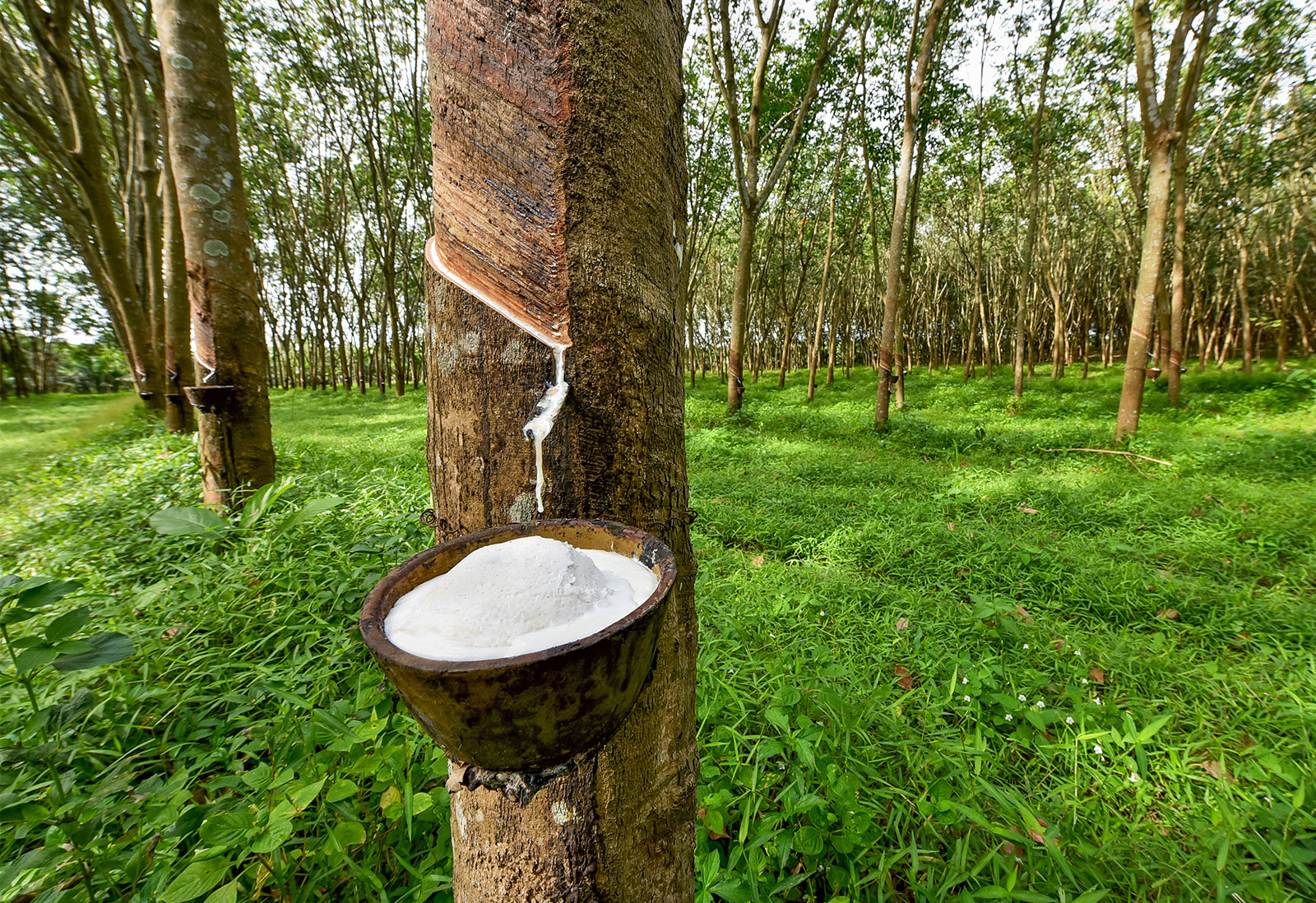
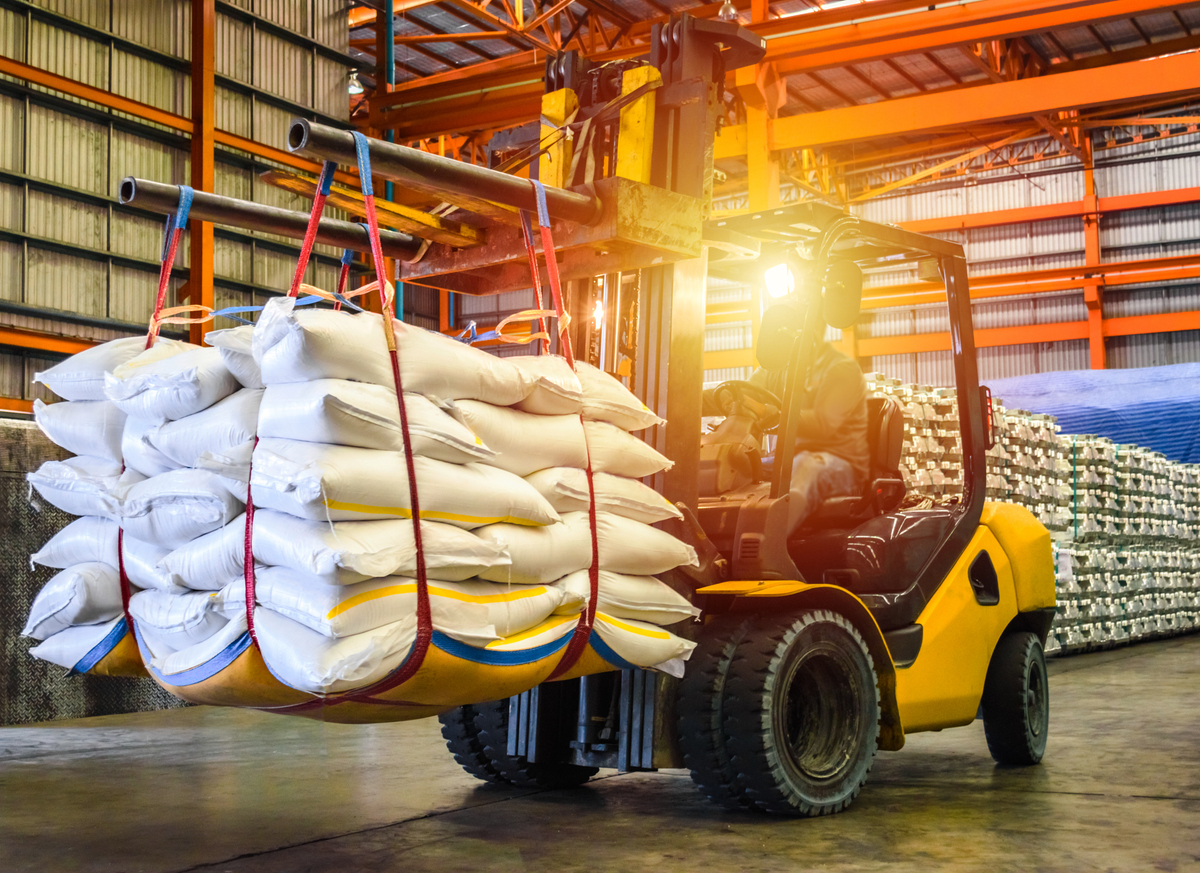
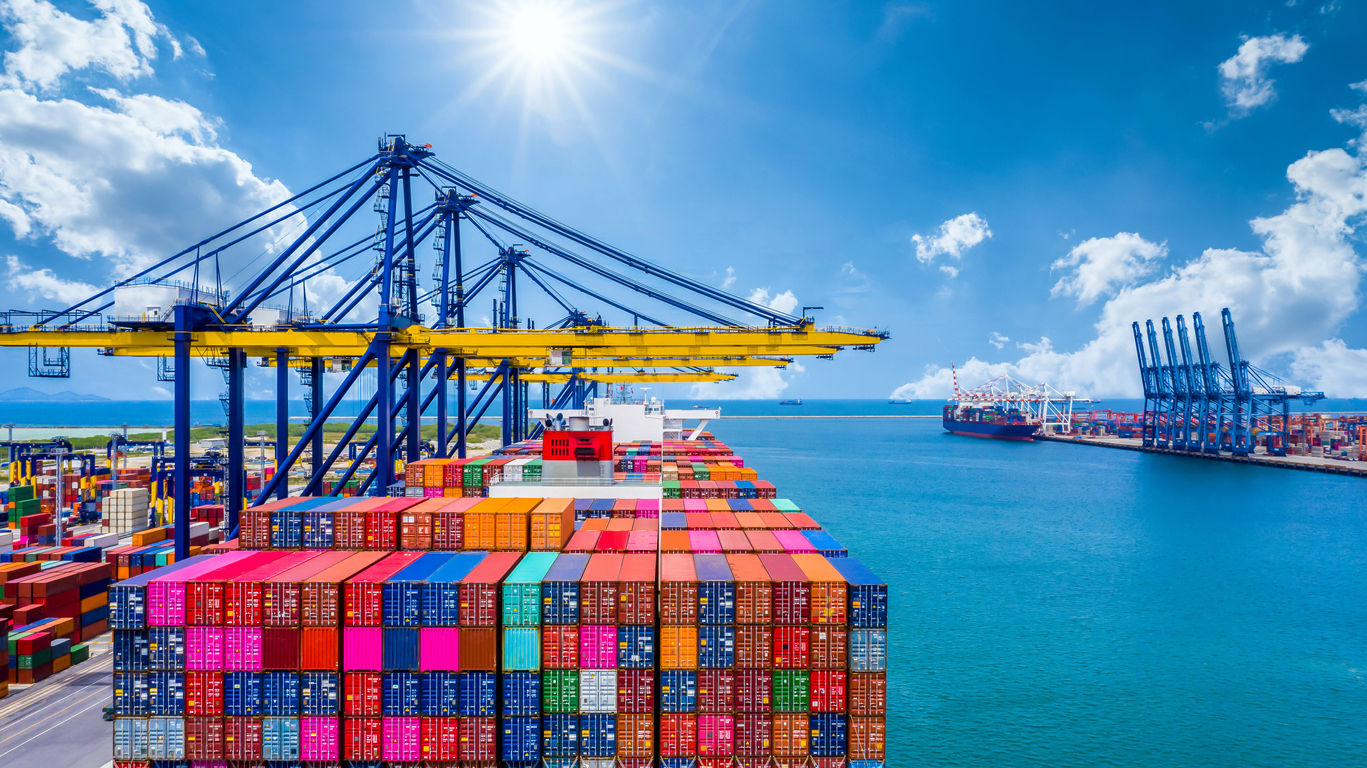
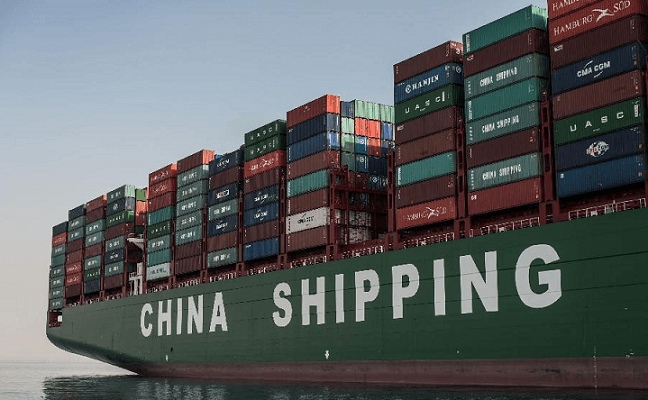
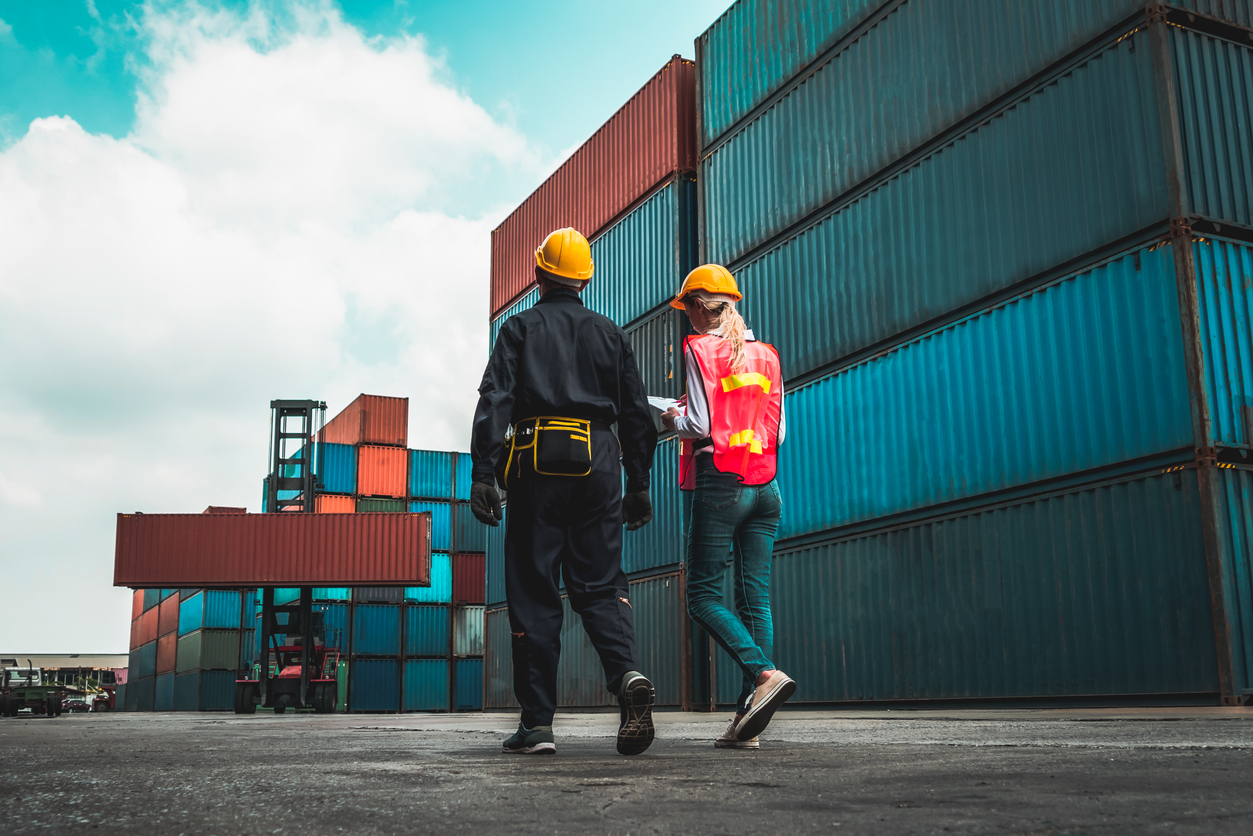
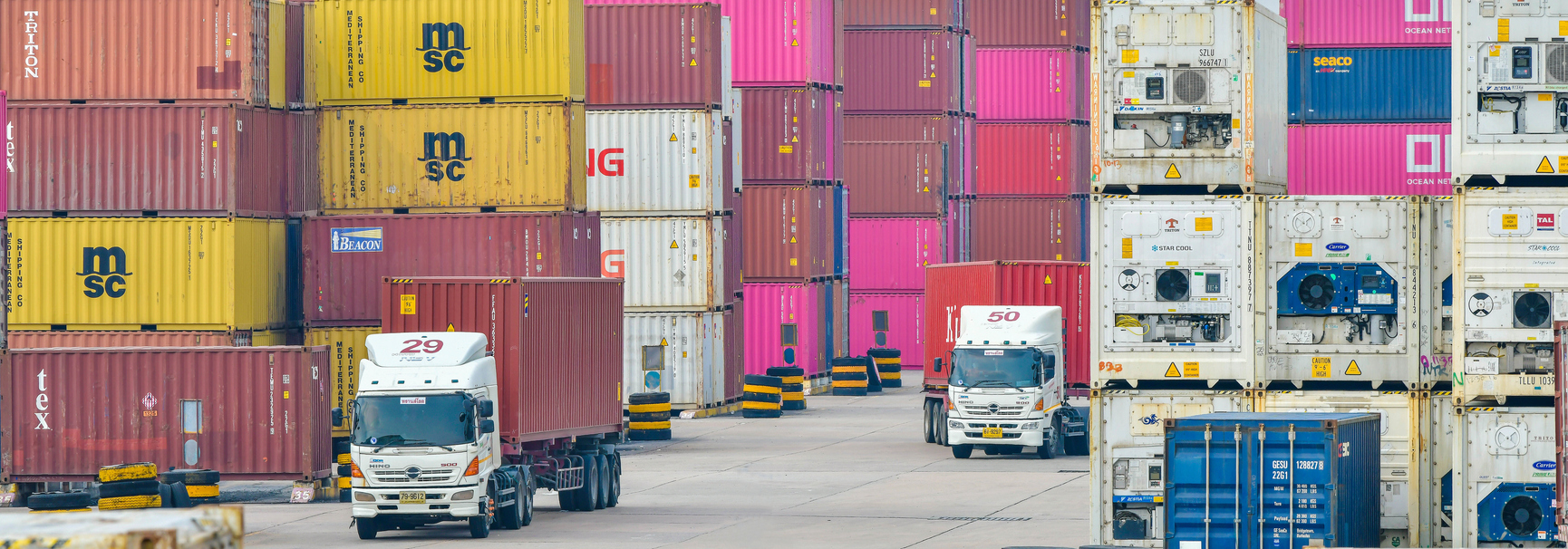
Comments are closed.